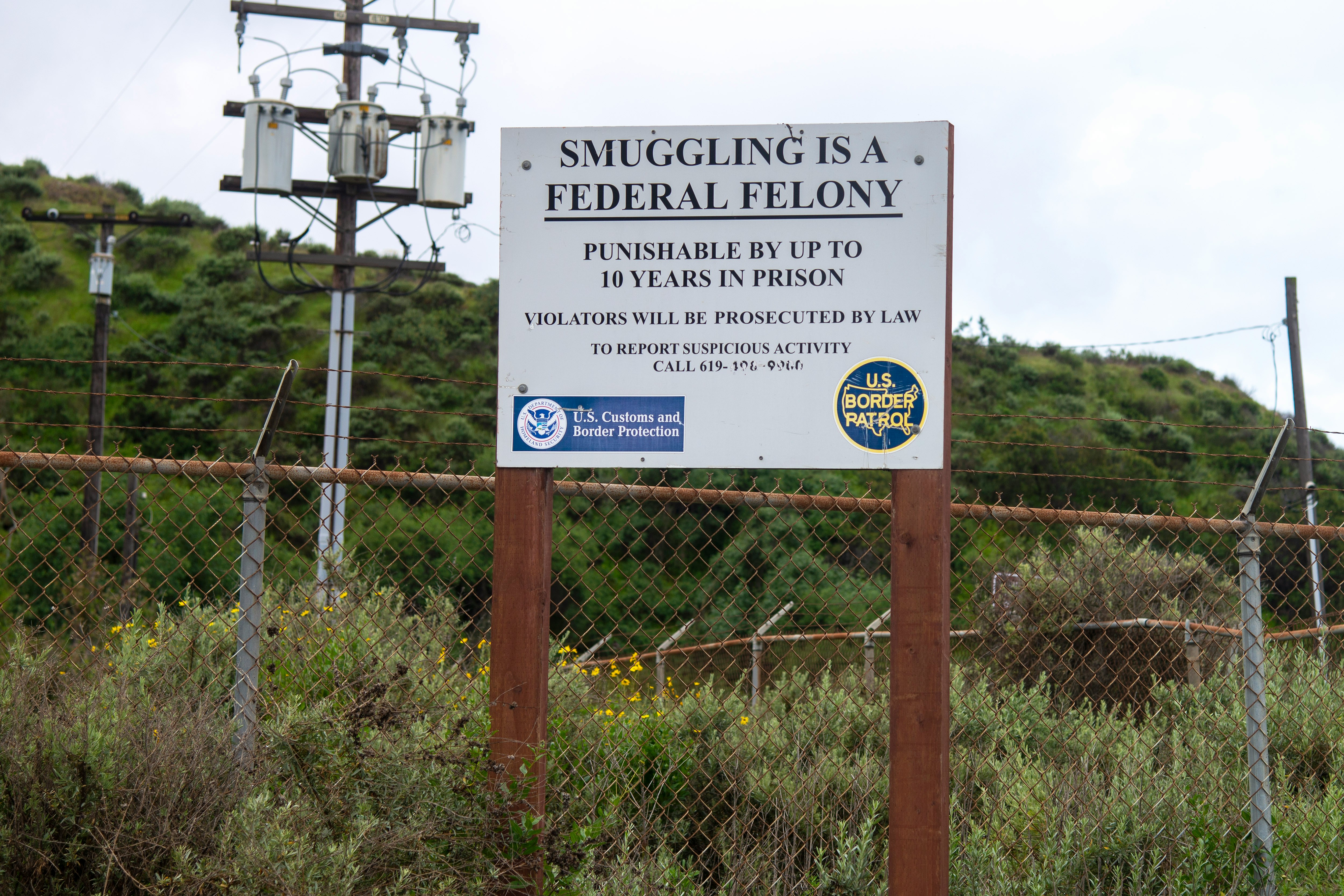Will Chamberlain, senior counsel at the Article 3 Project, weighed in on the legal and political implications of Donald Trump’s newly announced travel restrictions, as well as broader issues surrounding executive authority, judicial overreach, and the future of conservative legal strategy.
Chamberlain voiced strong support for the legal foundation of Trump’s new travel order, which restricts immigration from over a dozen countries deemed too unstable for proper vetting. He described the move as “perfectly reasonable,” noting that many of the countries on the list are simply incapable of providing accurate records on those seeking to enter the United States. He emphasized that the policy is not a blanket rejection of immigration but a practical security measure with room for revision if conditions in those countries improve.
Referencing the Supreme Court’s prior ruling in Trump v. Hawaii, which upheld the legality of the original travel ban, Chamberlain said the new order stands on solid legal ground. Nonetheless, he predicted a wave of legal challenges from left-leaning jurisdictions. “There are all sorts of forums where Democrats may shop to find a politician in a robe,” Proft observed—a sentiment Chamberlain agreed with, adding that some federal courts have become overzealous in blocking Trump administration initiatives, even when those initiatives fall well within the executive branch’s authority.
Chamberlain criticized what he sees as a constitutional crisis emerging from Article III judges overstepping their bounds and interfering in matters traditionally left to the executive. He pointed to recent injunctions blocking efforts to reduce federal staffing or limit transgender healthcare for inmates, suggesting that judges are encroaching on national security and budgetary decisions without the expertise or authority to do so.
The conversation then turned to artificial intelligence and Trump’s proposed “Big Beautiful Bill,” which reportedly includes a moratorium on new federal AI regulations. Chamberlain expressed a cautious openness to the provision, acknowledging arguments on both sides of the regulatory debate. He framed the moratorium as part of Trump’s broader effort to prevent bureaucratic overreach and preserve American competitiveness in emerging technologies.
Chamberlain also discussed a new investigation, directed by Trump and led by Pam Bondi, into whether White House staffers and political aides conspired to conceal President Joe Biden’s cognitive decline. The probe will reportedly examine the use of the autopen to sign executive orders and clemency grants. While Chamberlain acknowledged the difficulty in proving intent without whistleblowers, he argued that the inquiry is justified given widespread public doubt about whether Biden was truly exercising executive authority.
In a deeper dive into legal precedent, the hosts questioned whether the use of an autopen by a possibly incapacitated president undermines the legitimacy of executive actions. Chamberlain said that prior legal consensus has held that as long as the president authorized the use of the autopen, the signature stands. The real issue, he said, is whether Biden had knowledge and consented to the documents signed in his name.
Finally, the conversation touched on internal divisions within the conservative legal movement. Chamberlain commented on the reported break between Trump and Leonard Leo, the former head of the Federalist Society who played a major role in judicial nominations during Trump’s first term. Chamberlain suggested that Trump has grown disillusioned with some of the judges appointed through Leo’s efforts, arguing that too many have lacked the courage to uphold Trump’s policies amid media and legal pressure. He praised Trump’s apparent interest in nominating more independent-minded judges who are less concerned with elite approval and more willing to confront controversial legal questions head-on.
Throughout the interview, Chamberlain portrayed Trump’s second-term strategy as one rooted in constitutional authority, judicial accountability, and a willingness to challenge established norms. Whether that vision survives legal resistance from the courts—or internal fractures within the conservative legal establishment—remains to be seen.





